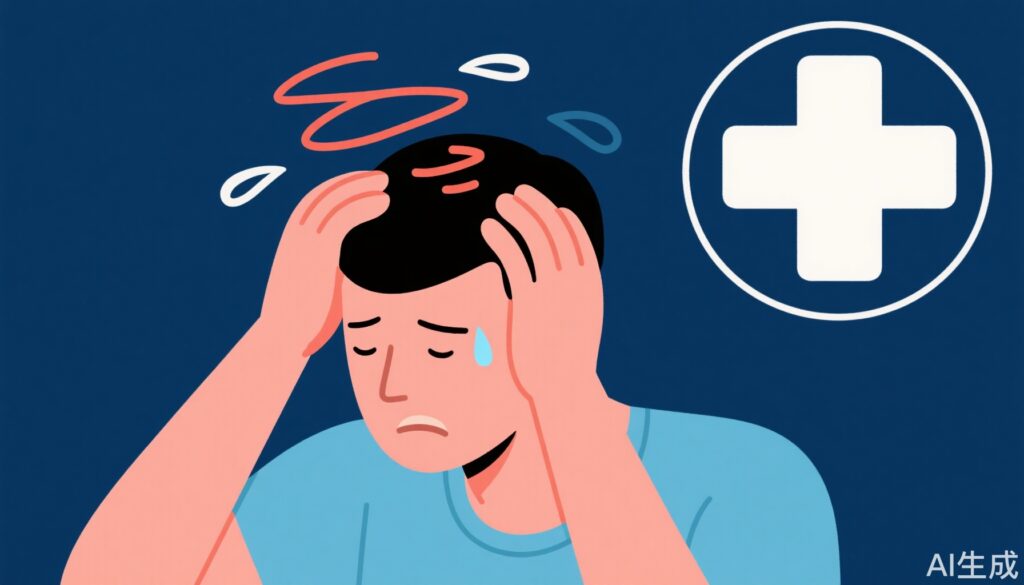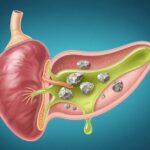10 Warning Signs of an Impending Stroke You Should Never Ignore
Strokes are medical emergencies that require immediate attention. While they can strike suddenly, there are often warning signs that precede an event. Recognizing these signs can make all the difference in preventing severe outcomes. Here are ten critical symptoms to watch for:
1. Persistent Dizziness
Sudden and unexplained dizziness, where the world feels like it’s spinning, can occur before a stroke. If this sensation affects balance or makes it difficult to stand, it’s essential to seek medical help.
2. Severe Headaches
Headaches without an apparent cause, especially if they persist and intensify over time, may be a red flag. If headaches are accompanied by nausea or ringing in the ears, the risk increases.
3. Numbness on One Side
Numbness or tingling, particularly on one side of the body (face, arm, or leg), is a common precursor to strokes. If weakness accompanies the numbness, the danger is even greater.
4. Vision Problems
Temporary vision changes, such as blurriness, partial blindness in one eye, or double vision, might signal a stroke.
5. Unusual Sleepiness During the Day
Extreme fatigue and an overwhelming need to sleep, even when well-rested, could indicate insufficient oxygen supply to the brain.
6. Difficulty Swallowing
Frequent choking or coughing while eating or drinking may signify early stroke symptoms. It’s crucial to observe if this happens often.
7. Uncontrollable Yawning
Persistent yawning, regardless of sleep quality, suggests the brain might not be receiving adequate oxygen.
8. Stiffness in the Tongue
A stiff or swollen tongue, difficulty articulating words, or trouble swallowing could be pre-stroke indicators.
9. Decreased Grip Strength
A sudden loss of grip strength in one hand, making it challenging to hold or lift objects, might be an early sign.
10. Frequent Nosebleeds
Although occasional nosebleeds are not unusual, frequent episodes, particularly in individuals with high blood pressure, warrant closer examination.
When to Seek Help
If you or someone near you experiences one or more of these symptoms, it’s vital to act immediately. Call emergency services and describe the symptoms as thoroughly as possible. Early intervention can save lives and reduce the risk of long-term damage.
Staying informed and attentive to these signs helps protect your health and those around you. Remember, quick action can make all the difference.



